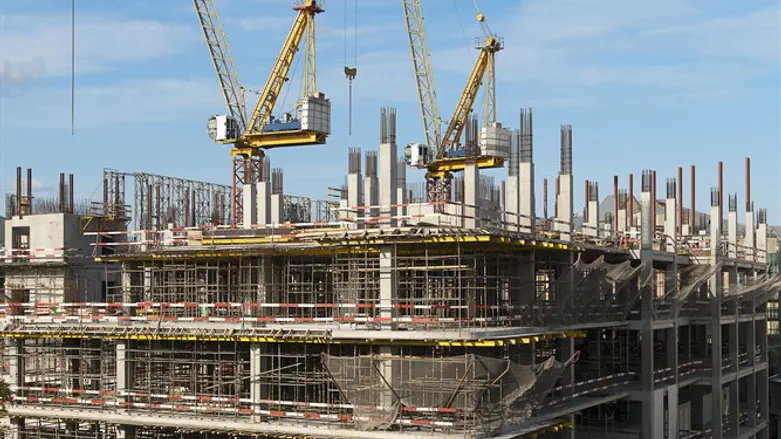
The third quarter of 2020 has the UK economy on course for record-breaking growth, as the coronavirus recovery continues at pace. There have been talks of a so-called ‘V-shaped’ recovery, whereby the economy recovers at a similar scale to the recession and decline it suffered. Others have talked of a more prolonged ‘U-shaped’ recovery which is slower and more gradual. Q3 however for the UK is set to show sharp growth, setting the UK on a strong path as the world recovers economically as well as physically.
UK Investor Rex Ekaireb said of the recover: “We have experienced the awful effects of the global pandemic in the UK, with all sectors hit. From property to jewellery and even travel, sectors previously thought of as ‘invincible’ have been massively affected.
Rex Ekaireb continued his comments: “…the fact that economies were literally shut down, with people unable to work, businesses unable to trade and the government paying wages, is beyond unprecedented and we all hope to never experience anything like this ever again.”
The UK economy, much like all others around the world has been hit hard by the coronavirus pandemic and the ensuing lockdown measures. Uniquely, almost every single sector of the UK economy was hit to an unprecedented extent. With lockdown measures effectively shutting down one of the world’s largest and most dynamic economies, the UK is set to feel the effects for months and perhaps even years to come.
However, the latest forecasts by economists in the City of London, and as reported by the UK Financial Times, Brits are starting to spend a lot more money on the highstreets and in the retail sector. Incredibly, the UK is showing signs of consumer spending returning to pre-Covid levels, something thought of as impossible barely a few weeks ago.
With the UK Government, like many others around the world taking precautionary measures and a careful approach to reopening the economy in various areas, things do appear to be improving in almost every sense, although there will of course be a recovery period to come.
UK Property Sector Showing Signs of a Bounce Back
The UK property sector is also seeing many positive signs of a strong recovery. The Chancellor of the Exchequer, Rishi Sunak recently announced various measures designed to give the economy’s slow-recovering sectors a much-needed boost. At the forefront of these policies was his announced cut to UK Stamp Duty Land Tax, which is charged on every property transaction over a set amount.
The Chancellor has raised the threshold for the tax, meaning thousands of property transactions will see greatly reduced tax requirements, with others not requiring any tax to be paid at all. The benefit of this is that for many property buyers, particularly first-time buyers, their purchase prices and the associated costs will be reduced by potentially more than 10% in some cases, reflecting huge savings for many.
These property sector measures are already starting to have some positive knock on effects. For example, providers of building acoustic testing, including the likes of sound testing, air tightness testing and similar, all required on new builds, are starting to see signs of an uptick in business.
Another significant intervention by the UK Chancellor has been to subsidize up to £10 per meal, per person on Mondays to Wednesdays. This creative move, designed to help the hospitality and restaurant sectors has proved a massive success with over 10 million meals subsidized in the first couple of weeks of the scheme, dubbed ‘Eat Out to Help Out.’
Of the Chancellors’ economic measures, Rex Ekaireb said: “It is clear from the measures announced that the UK is on the path to recovery, but we must not be complacent. This will take a great deal of time to recover from, but the signs are positive.”
Ekaireb also commented saying: “Getting consumers ad those with purchasing power to start spending, thus stimulating the UK’s economy is exactly what the UK needs, but that said, there will be no ‘silver bullet’ when it comes to any specific measure ‘fixing’ the economy. This will likely take months and years, rather than weeks.”